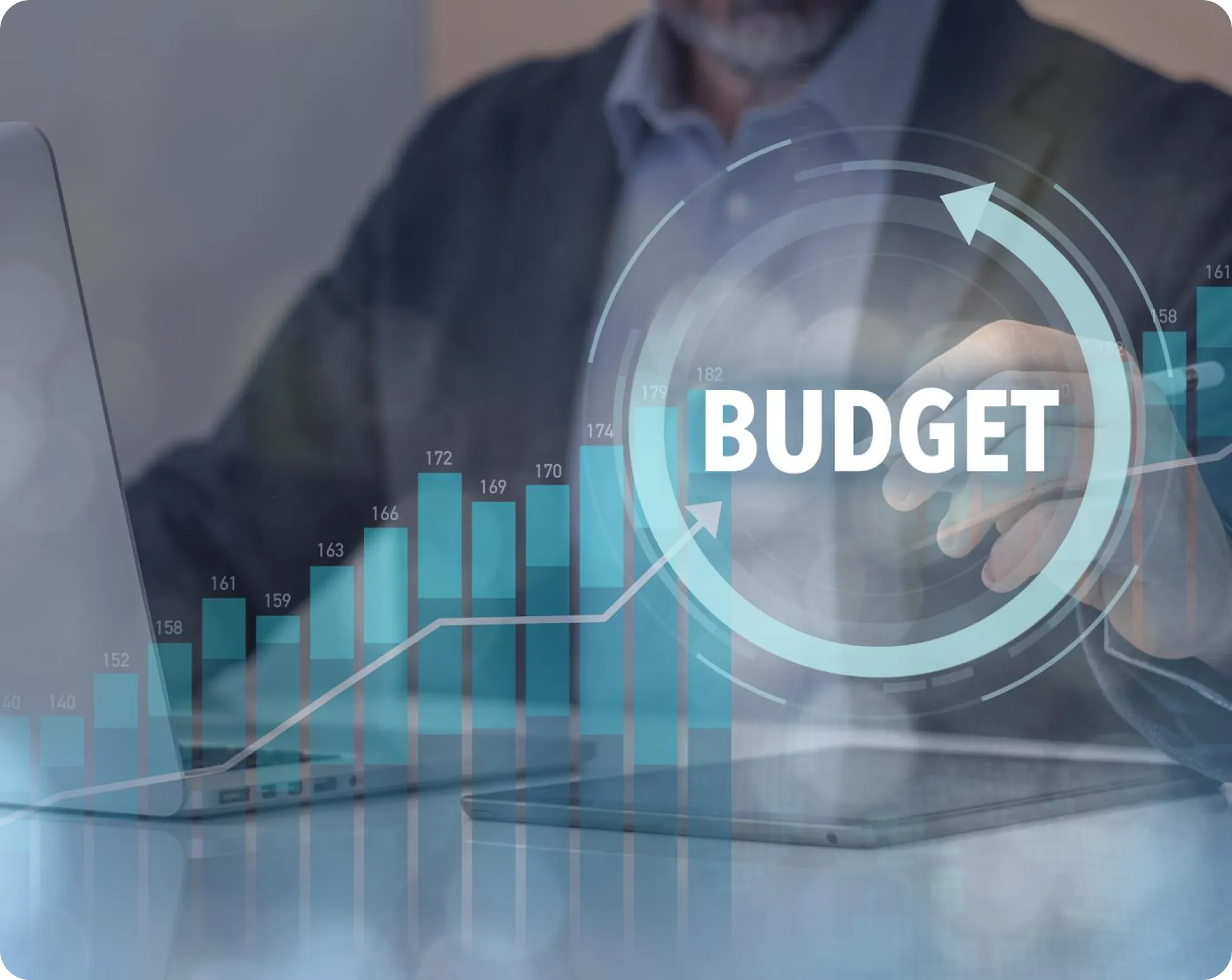Budget 2025-26 Updates on Capital Gains Tax


Increased LTCG Exemption Limit
The exemption limit for LTCG on equity and mutual funds has been raised from ₹1 lakh to ₹1.5 lakh under Section 112A.
Updated Indexation Rules
The base year for indexation has been revised for computing LTCG on immovable property, reducing taxable gains.
Tax Relief for Startups & MSMEs
Startups reinvesting capital gains into approved business activities can now claim higher deductions under Section 54GB.


